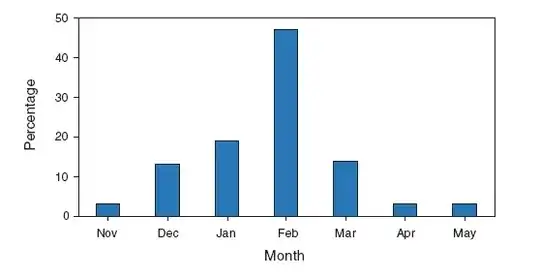(I'm going to do a subtle bait-and-switch in my answer, so I can match the evidence I found! Watch for it, and vote accordingly.)
People use the term "cold" and "flu" rather loosely. The generic term of Influenza-like Illness covers both influenza, common colds (caused by a number of different viruses) and other causes. I assume "summer cold" applies to all of these.
Influenza itself, is seasonal:
In the Northern hemisphere, winter is the time for flu. The timing and duration of flu seasons vary. While flu outbreaks can happen as early as October, most of the time influenza activity peaks in January or later. The figure below shows peak influenza activity for the United States by month for the 1976–77 through 2008–09 influenza seasons. The month with the highest percentage of cases (nearly 50%) was February, followed by January with 20% and March and December, with approximately 15% of all cases.

Peak Month of Influenza Activity
1976—77 through 2008—09 Seasons
The source for this is the US Center for Disease Control. They are an authoritative source for disease information, but their information is poorly cited on their web-site.
(The bait-and-switch was that the OP asked about common colds, I generalised to Influenza-like Illness, and then gave evidence about Influenza alone. I should only get away with this if you agree that Influenza fits as one of the key diseases referred to under 'Summer Cold'.)

